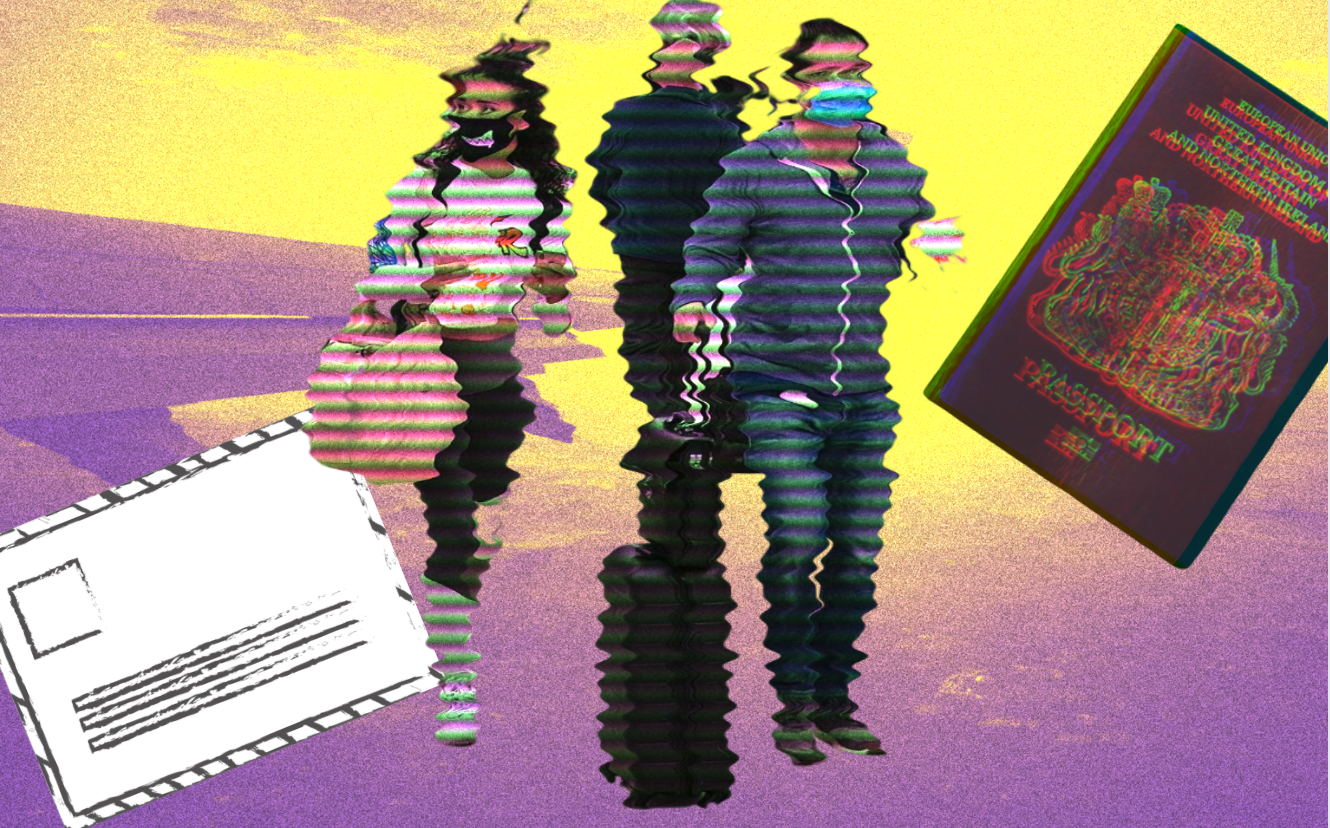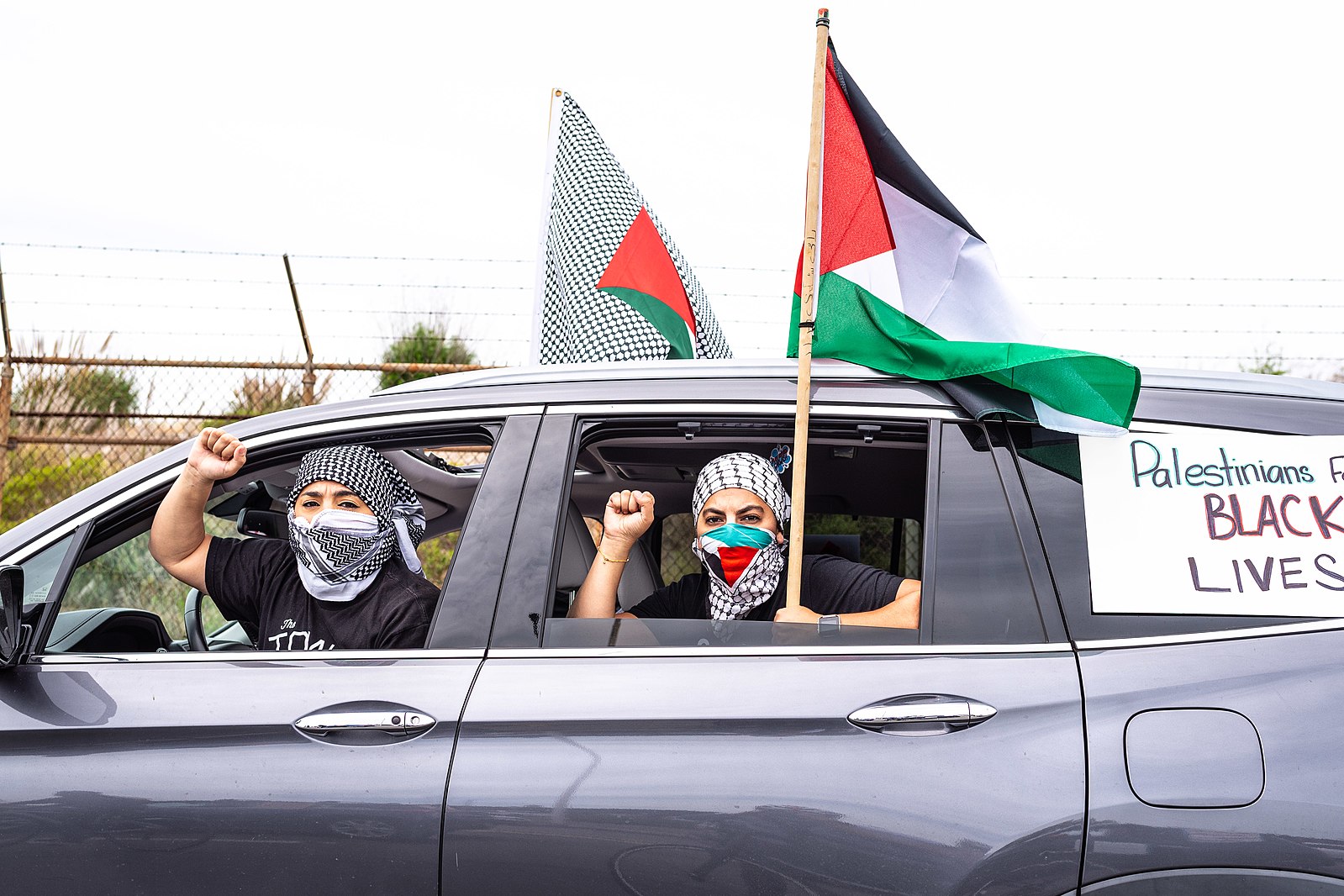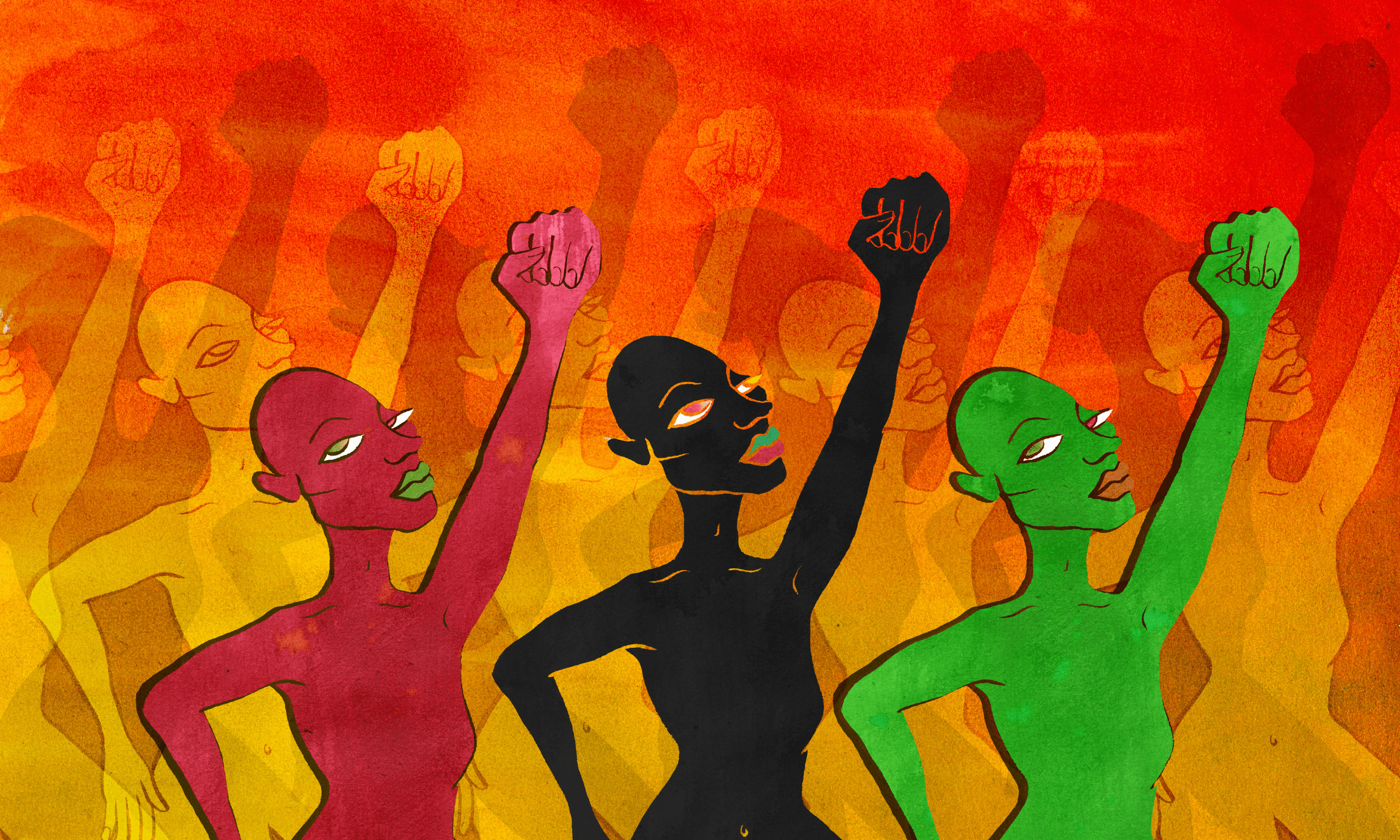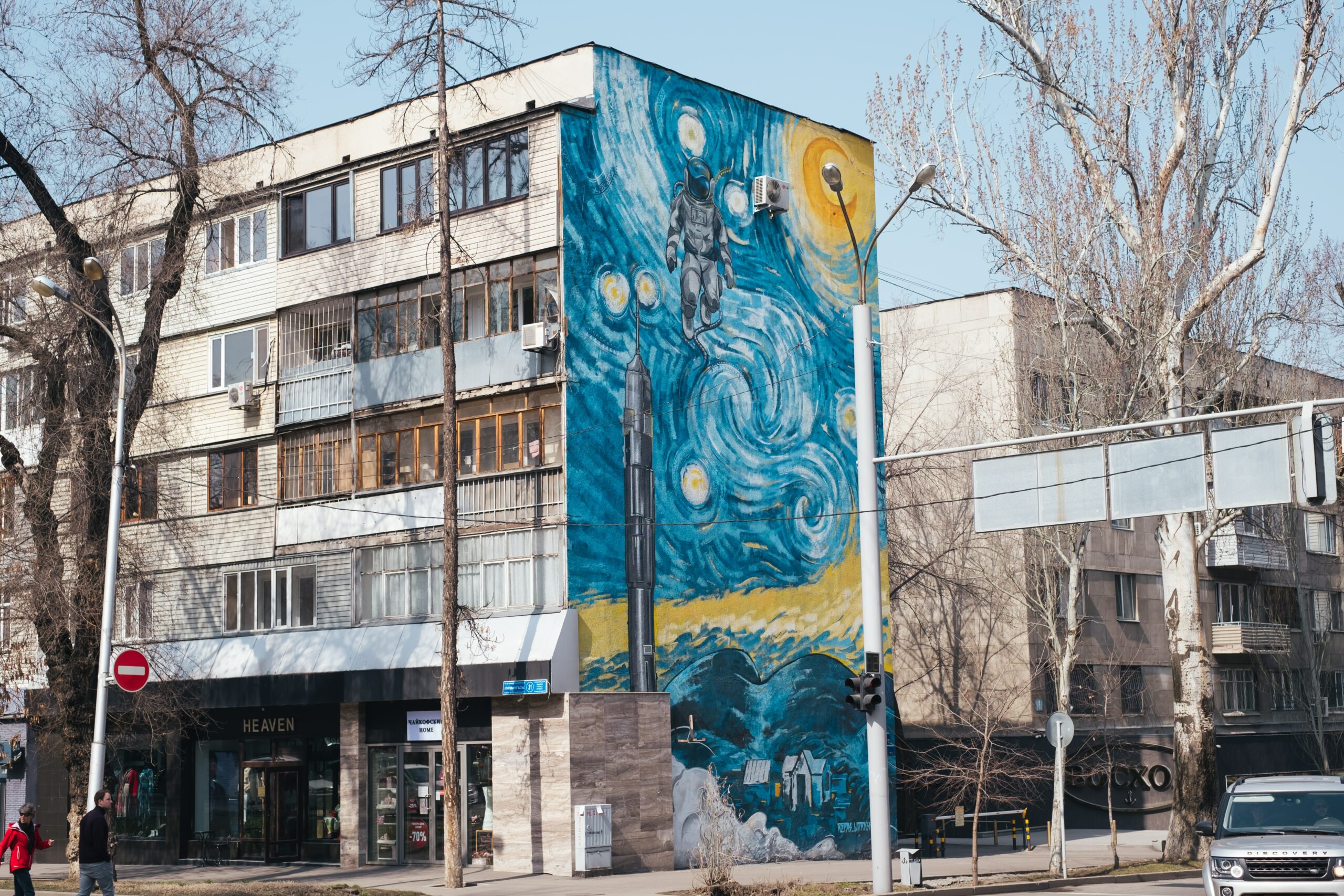
Photography via Unsplash/Canva
What coronavirus teaches us about colonialism and the privilege of certain passports
As coronavirus spreads around the world, Chidera Ihejirika explores how the crisis exposes a Western entitlement when it comes to freedom of movement.
Chidera Ihejirika
31 Mar 2020
Coronavirus reeks of privilege. It is undoubtedly the ability to move freely throughout the world that has contributed to its spread.
In the words of Zoé Samudzi, a writer and sociology PhD candidate writing on Instagram, we need to start seeing coronavirus as a “pandemic of western movement”. Zoé describes “a global structure of securitized movement that allows free access to certain western passports”, where visas are harder to come by depending on where you had the luck of being born.
She’s not wrong. But beyond the structural barriers to movement, there is something to be said about the particularly Western itch to travel at all costs, without any concern for others. Throughout this period, other people’s welfare has arguably been outweighed by the desire of Westerners to exercise freedom of movement – or return to safety themselves.
Travelling is a privilege, an unearned power some are lucky enough to be born into. Yet in the West, there is an arrogant assumption that anybody can backpack through Europe, become a travel influencer or change the face of Africa. “You have to see Paris, it changed my life,” or, my personal favourite, “Being with those kids in Africa for one week transformed my entire worldview”.
“In Nigeria, the first case of coronavirus was an Italian citizen working in Nigeria who had flown back into Lagos late February. In the Republic of Congo, it was a dual French and Congo citizen who had returned from Paris”
This is not to invalidate their experiences but to remind us of the fact that not all people have access to the world the same way people in the West do. Right now is not the time to take advantage of cheap flights or take that vacation you had been planning for over a year. Your “all-access” passport will still be there when all of this, hopefully, comes to an end.
History is repeating itself. Just as pre-colonial diseases were suffered by unsuspecting indigenous peoples at the behest of Western exploration, in 2020 there’s plenty of evidence that Western passport holders have carried coronavirus across borders and into developing nations across the continents of Asia, South America and Africa.
In Nigeria, the first case of coronavirus was an Italian citizen working in Nigeria who had flown back into Lagos late February. In the Republic of Congo, it was a dual French and Congo citizen who had returned from Paris. In Kenya, it was an American woman who had travelled through London.
While some of the first cases from Western countries include members of the diaspora who call these countries home, as well as Westerners living and working on the continent, the common denominator remains that they are all Western passport holders, with the freedom to carry viruses to vulnerable populations, whether they knew it or not. According to Africa News, out of 54 countries on the continent, 46 now have coronavirus cases.
“There are examples of clear obliviousness to the responsibility that comes with the Western ability to move without restriction. Some people have felt they are exempt because of youth, strong immune systems, assurance of quality medical care, apathy or just plain old boredom”
Despite the alarming rate of additional cases and deaths around the world, governments around the world have been slow to act. In the UK, advice around social distancing and the lockdown has been inconsistent and sometimes unhelpful. In the US, President Donald Trump has been criticised for setting a what is regarded as a premature deadline to reopen “large sections of the country” by Easter.
But even on the level of personal accountability, there are examples of clear obliviousness to the responsibility that comes with the Western ability to move without restriction. Some people have felt they are exempt because of youth, strong immune systems, assurance of quality medical care, apathy or just plain old boredom. In Spain, there were videos filmed of British tourists in Benidorm ignoring coronavirus lockdown measures; drinking in bars and partying.
While there are marginalised people in every country, the reality is that right now, the privilege to move around has the power to harm and possibly kill others. This is especially relevant in regions where people do not have the privilege of practising social distancing, self-isolating, accessing quality healthcare or safely leaving, should they need to escape.
In my very own Anambra state, before measures were introduced, Nigerian community members voluntarily cancelled funerals, weddings and other mass gatherings which are critical to our cultural tapestry. These same people will remain isolated in their homes with food that may spoil because of inconsistent electricity, while some do not have enough space to practice self-isolation or social distancing. It is time to earnestly check your privilege and think of others, especially those who are more vulnerable. In other words: stay your ass at home.
“To know about your privilege and still do nothing is worse than to never check your privilege at all”
For many people living on the African continent, this is and has always been, the only option. To leave their village, town or city would require tremendous financial resources and rigorous visa application requirements for the same Western countries who freely exit and enter with remarkable ease. Not to mention that all of this time, energy and money could likely result in outright denial or less frequently, a much too long-awaited acceptance.
So where do we go from here? Acknowledging your privilege is a crucial first step. I write this as one of the privileged: I hold a Western passport. And then, validation. Particularly in these times, I have struggled with validating my feelings of fear, sadness and anxiety. It has been challenging to accept that I feel sad thinking about the life I once lived, wondering if I’ll ever get to go back to it and that none of that negates my gratitude for the fact that my situation is very privileged.
Complexity is real and now is the time to accept that you can experience various emotions, acknowledge your privilege and still be grateful for all of it. But if you truly believe this you won’t stop there. To know about your privilege and still do nothing is worse than to never check your privilege at all. Or, in the eloquent words of bell hooks, “privilege is not and in and of itself bad, what matters is what we do with privilege”. Take a step beyond acknowledgement and use your privilege for good. Be an active ally! Stay at home and practice social distancing if you can. Support local businesses. Check-in with yourself as well as family, friends and community members.
In particular, check in on your loved ones and thank those who are on the frontlines of this pandemic: health-care workers, cashiers, delivery workers etc. Buy only what you need and donate the excess. Donate your time, energy and/or financial resources to support networks set up to help those who are especially vulnerable during this time (food banks, NGOs etc.).
Coronavirus has exposed our global structure of privilege but it is now up to us, the people, to be there for those who are pushed even further to the margins because of it.

Britain’s policing was built on racism. Abolition is unavoidable

How Pakistan’s Khwaja Sira and transgender communities are fearing and fighting for their futures

Their anti-rape performance went viral globally. Now what?






